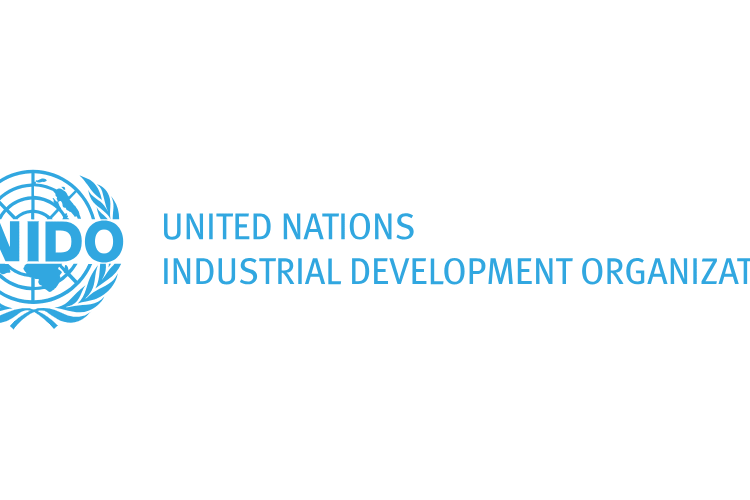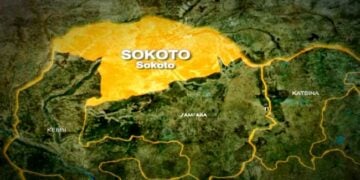United Nations Industrial Development Organisation (UNIDO) and the Federal Government have signed a 4 -year Programme Country Partnership (PCP) Flagship Strategy (2024 – 2028) to support the government of Nigeria in promoting and accelerating inclusive and sustainable industrial development in Nigeria.
The historic pact was signed between UNIDO and the Federal Ministry of Budget and Economic Planning on 2 April 2025 in Abuja Nigeria, first of its kind, which is a derivative of the request of the Nigerian Government to UNIDO to fast-track industrial growth and economic diversification in the country.
The signing of the Programme for Country Partnership constitutes a landmark in UNIDO’s support for Nigeria’s goal of becoming an industrial and economic hub in the West Africa region.
Under the leadership of the Government of Nigeria, the PCP will strengthen existing partnerships and forge new partnerships for the inclusive and sustainable industrial development of Nigeria, with the main objective of contributing to a diversified, competitive, inclusive and sustainable industrial economy.
Speaking on the historic partnership, Gerd Müller, Director General of UNIDO) said: “UNIDO’s long standing cooperation with Nigeria has been going on for 40 years now. Our new Programme for Country Partnership with Nigeria represents a new quality of cooperation to enhance the country’s sustainable economic and industrial development.
“Today we are marking a milestone on the way to unlocking Nigeria’s huge potential to become an economic and industrial powerhouse. Broad-based partnership is the key. Our work together will focus on job creation, enhancing local value addition, special economic zones, industrial policy, building trade capacity and sustainable energy development.”
The PCP is fully aligned to ongoing national, regional and global strategies including the Nigeria Medium Term National Development Plan (MTNDP) 2021-2025, the Renewed Hope Agenda, Agenda 2063 of the African Union, and the 2030 Agenda of the United Nations and its associated Sustainable Development Goals (SDGs). It is also aligned to the United Nations Sustainable Development Cooperation Framework (UNSDCF) 2023-2027.
The programme will support the development of agro-value chains, including those with linkages to the tourism sector, and will also foster industrial diversification and innovation, including through special economic zone development.
Cross-cutting components in the area of industrial policy and statistics, quality infrastructure, sustainable energy, and the circular economy, as well as women’s empowerment and youth employment, will ensure a comprehensive approach that addresses the needs of key stakeholders and vulnerable groups.





